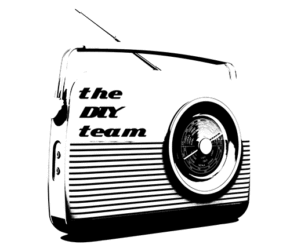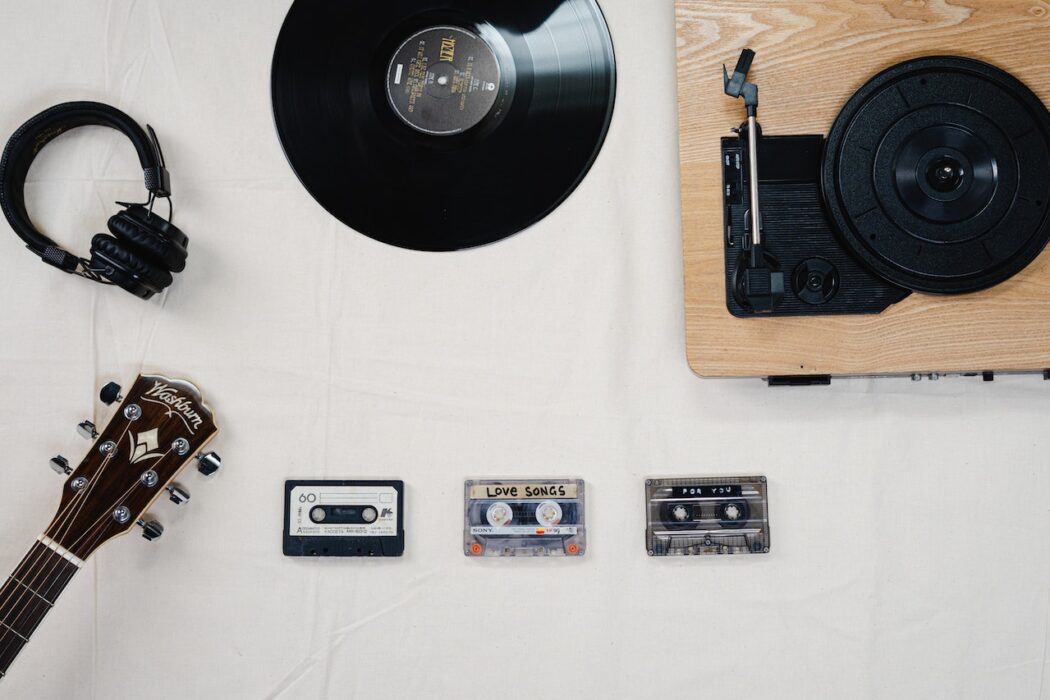Introduction
If you’re a songwriter, composer or lyricist who wants to make money from your music, it’s important that you register with a Performance Rights Organization (PRO). A performance royalty is paid whenever your work is performed in public. This includes radio broadcasts, live concerts and even background music played over the phone at an event venue.
What is a PRO?
As you may know, when you play a song in public, the owner of that song is entitled to royalties. PROs are responsible for collecting those performance royalties on behalf of their members and making sure they get paid.
PROs bear no ownership rights in any musical works or sound recordings. They only collect money from performances on behalf of their members and distribute it back to them as royalties.
What does a PRO do?
A PRO collects royalties on behalf of songwriters, composers and publishers. It distributes the royalties to its members and provides information about the music industry. In addition, a PRO may publish a magazine or newsletter for its members.
A PRO is a nonprofit organization that represents songwriters, composers, lyricists and publishers and collects performance royalties for them.
A PRO is a nonprofit organization that represents songwriters, composers, lyricists and publishers and collects performance royalties for them.
A music industry professional should register with one of these organizations if they want to get official credit for their work. The government requires that musicians not only register their compositions with the PRO but also pay annual dues through membership fees or service charges on their performances (which can add up quickly). Members can earn money from public performances of their material by collecting royalties directly from the PROs after they have been distributed by the PROs.
There are three PROs in the U.S.: BMI, ASCAP and SESAC.
There are three PROs in the U.S.: BMI, ASCAP and SESAC. When you use one of these services to license your music, they collect royalties on your behalf and pay them out to songwriters or publishers who have registered their works with the organization. BMI (Broadcast Music Incorporated) has been around since 1914; ASCAP (American Society of Composers, Authors and Publishers) has been around since 1914 as well; SESAC (Society Of European Stage Authors & Composers) was founded in 1930. These organizations all serve different kinds of music creators–songwriters for example–but they’re all members of the National Music Publishers Association (NMPA).
BMI, ASCAP and SESAC collectively represent more than 95% of music creators in the U.S.
As you may have guessed, a Performance Rights Organization (PRO) is a company that collects royalties for music creators. BMI, ASCAP and SESAC collectively represent more than 95% of music creators in the U.S. BMI and ASCAP also collect royalties from their affiliates around the world and are able to provide coverage for Canadian musical works as well as Puerto Rico; however, each PRO only represents US territory rights so you will still need a separate license for any international distribution.
The PROs collect royalties on your behalf. It’s important to register your works because the royalties you earn are dependent on the works you enter into their databases.
The PROs collect royalties on your behalf. It’s important to register your works because the royalties you earn are dependent on the works you enter into their databases. Registration is free and takes only a few minutes. You can register online at any time, but it’s best that you do so as soon as possible after making your first sound recording or publishing your first sound recording in an interactive digital service.
Can I register with more than one PRO?
You can register with more than one PRO. You might want to do this if you want to distribute your work in the US and another country, for example. If so, you would register with the PRO in the US, then register with the PRO in whatever country where you intend on distributing your work.
When registering with a PRO, you must provide basic contact information such as your name and address (as well as other information). If a track has multiple authors who have registered separately with different PROs worldwide then each author is required by law to share 20% of their royalty earnings from airplay of their music via each respective PRO’s network. In addition, individual artists’ distributions may vary depending on which country they’re selling their recordings through—for example an artist selling vinyl records might receive much less than someone who was selling CDs due to lower costs associated with making those formats versus producing vinyl discs (which require specialized machines).
How much does it cost for initial registration?
The cost for initial registration varies from PRO to PRO, but it’s not uncommon for a PRO to offer free registration for new members. Some PROs also offer discounted rates—usually called “partial membership,” which comes with fewer services than full membership but still allows you to claim royalties on your music.
International memberships and non-US memberships may have higher fees than US memberships, depending on the specific policies of each PRO.
If you have an affiliation with a PRO in the US, that doesn’t mean you can’t be affiliated with one in another country.
You can be affiliated with more than one PRO.
PROs are not limited to the US.
PROs are not limited to one country. PROs are not limited to one language (the most famous example is CIMA in Spain).
PROs are not limited to one genre of music (for example, SOCAN in Canada also represents music producers).
Becoming affiliated with a PRO is easy, but the application process can take a while.
The application process can take up to 6 months, but more often than not it takes between 8 and 10 months. The reason for this is that every PRO has a different process and guidelines, so they won’t all follow the same steps in their application process. In addition, you may have to wait until your application has made its way through the entire system before you receive a response back from the PRO with an answer either way.
Each of the three PROs has different ways they collect performance royalties and distribute them to their members.
In order to collect royalties for their members, each of the three PROs has different ways that they do so.
First, ASCAP collects two types of royalties: 1) “blanket” licenses (also called “statutory” licenses) and 2) direct licenses. With blanket licenses, a PRO collects performance royalties from businesses who play music publicly—for example, radio stations or restaurants with live music—and then distributes those payments to its members according to formulas based on how often their songs were played. If you’re an ASCAP member and you want your song played on the radio or in a restaurant (which are both examples of public performances), it’s best if your publisher has negotiated a license with ASCAP so that they don’t have to worry about collecting money themselves.
ASCAP also offers direct licenses for those who wish to have more control over their own copyright management processes—for example, individuals who perform as solo artists or composers/songwriters whose works are being used during rehearsals and recording sessions by large groups like orchestras or bands. These individuals can go directly through ASCAP’s website by signing up as individual publishers; this will give them access not only provide them with royalty statements but also remove any liability from having unauthorized public use of their copyrighted works occur without proper authorization (which could lead down an expensive legal road).
Conclusion
If you’re a songwriter or composer, becoming affiliated with one of the three PROs is an important step in your career. Not only can it help you establish yourself as an artist and get your music out into the world, but it will also provide you with regular payments that pay off over time.

